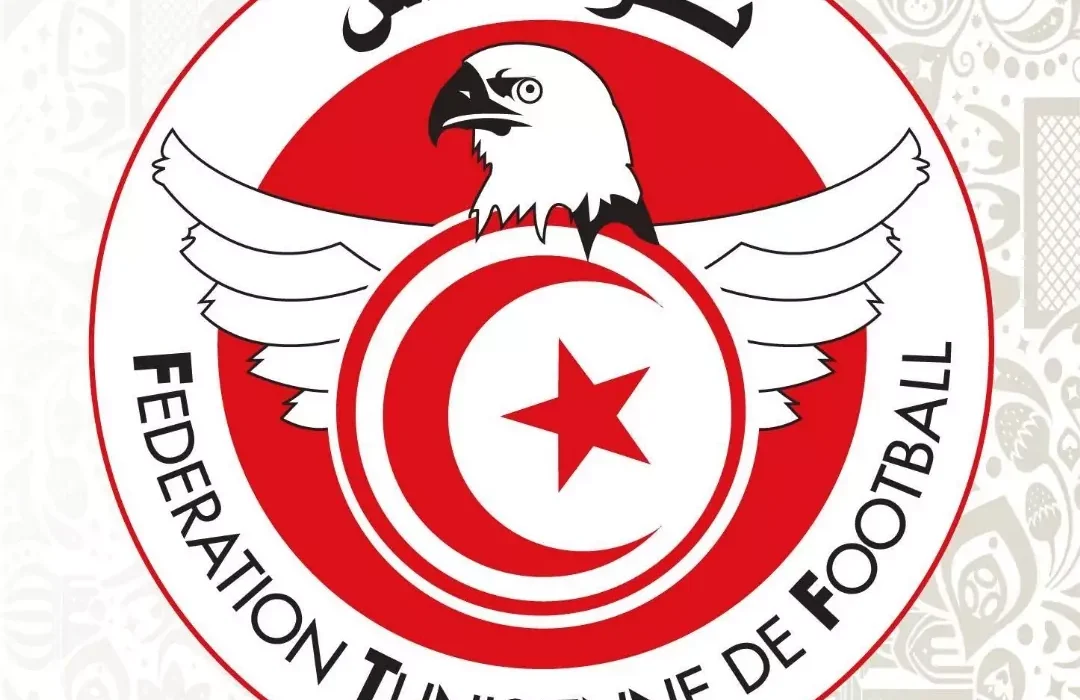Only seven of Tunisia’s sixteen top-flight football clubs were present at a meeting convened by the Tunisian Football Federation (FTF) on Thursday, highlighting mounting tensions within the country’s footballing establishment.
The gathering, held in the presence of the National Directorate of Arbitration (DNA), was intended to address ongoing issues in Ligue 1, but the absence of nine clubs sent a stark message of discontent.
Among the attendees were US Monastir, Étoile du Sahel, CS Sfaxien, Stade Tunisien, ES Zarzis, EGS Gafsa, and JS Omrane.
The boycott by some of the league’s most prominent teams, including ES Tunis and Club Africain, underscores growing friction between clubs and the FTF.
The snub points to deep dissatisfaction with how the federation and its affiliated bodies—particularly the Ligue Nationale de Football Professionnel (LNFP) and the DNA—are managing the league and officiating standards.
This act of defiance is the latest in a series of signs that relations between the governing body and a number of clubs are rapidly deteriorating.
The no-show by more than half of the league’s clubs reflects not only organizational discontent but also what insiders describe as a broader crisis of confidence in the FTF’s leadership.
“The absence of key clubs at such an important meeting cannot be ignored,” said a federation source speaking anonymously. “It shows that serious dialogue is needed if we want to move forward.”
The presence of the DNA at the meeting was meant to provide a platform to discuss refereeing concerns—a recurrent flashpoint in recent months.
However, with so many clubs choosing to stay away, the meeting’s effectiveness was severely diminished.
Although no official statement was released by the boycotting clubs, their decision to abstain from the meeting appears to be a coordinated response to what they view as the FTF’s mishandling of critical issues in the league, including officiating controversies and governance transparency.
With the domestic season approaching its decisive stages, the FTF now finds itself facing a challenge that extends beyond the pitch.
Calls for reform and more inclusive dialogue are growing louder, and unless bridges are rebuilt swiftly, the ongoing discord threatens to overshadow the rest of the campaign.
For the time being, the federation must confront the uncomfortable reality that nearly two-thirds of its top-tier clubs are no longer willing to engage in its consultative processes.











